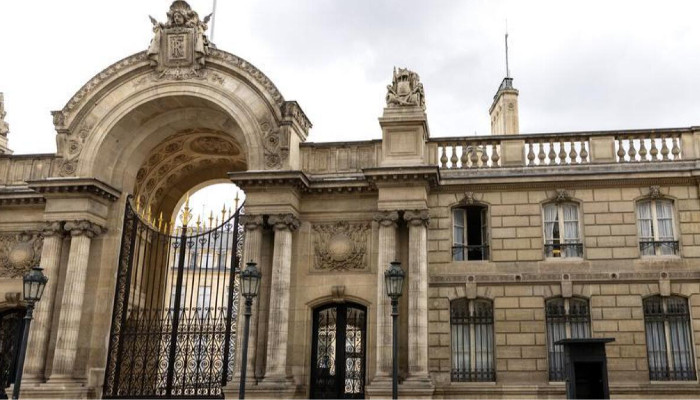France’s Macron appoints new government weeks after divisive election
 1400 Sunday, 22 September, 2024, 00:48 French President Emmanuel Macron has named a new government, hoping to put an end 11 weeks of political uncertainty after an inconclusive parliamentary election delivered a hung parliament. Conservative Prime Minister Michel Barnier on Saturday put together the government whose first major task will be to submit a 2025 budget plan addressing France’s financial situation, which the prime minister this week called “very serious”. The 38-member Cabinet includes ministers from Macron’s centrist alliance and the conservative Republicans (LR) party. The difficult job of submitting a budget plan to parliament next month falls to 33-year-old Antoine Armand, the new finance minister. He has previously served as head of parliament’s Economic Affairs Committee. Jean-Noel Barrot is the new foreign minister. He brings extensive experience in navigating complex international issues, notably within the European Union. Sebastien Lecornu, a close Macron ally, retains his post as defence minister. The interior minister job goes to Bruno Retailleau, a staunch conservative who will now handle critical domestic issues like national security, immigration, and law enforcement. Barnier’s ability to govern effectively is already under scrutiny, with his political opponents on the left promising to challenge him at every turn. The party of far-left Jean-Luc Melenchon, France Unbowed, held protests on Saturday against his government. Marine Le Pen’s far-right National Rally said it would monitor the government closely and has enough votes in parliament to bring it down, but expressed willingness to cooperate on key budgetary issues. In the July election, a left-wing bloc called the New Popular Front (NFP) won the most parliamentary seats, but not enough to get an overall majority. Macron argued that the left would be unable to muster enough support to form a government that would not immediately be brought down in parliament. He turned instead to Barnier, 73, to lead a government drawing mostly on parliamentary support from the conservative Republicans and the centrist groups, while counting on a neutral stance from the far right. Even before Saturday’s announcement, thousands of people with left-leaning sympathies took to the streets in the capital, Paris, and the southern port city of Marseille to protest the formation of a government that they say does not reflect the outcome of the parliamentary election. |

CNN reported a record 300-year drop in the birth rate in Ukraine
386Yesterday, 22:55
Ararat Mirzoyan will pay a working visit to Switzerland
321Yesterday, 21:43
Climber convicted of manslaughter after leaving girlfriend on Austria’s highest peak to seek help
381Yesterday, 20:52
Armed man shot and killed after entering Mar-a-Lago secure perimeter, Secret Service says
373Yesterday, 18:24
Third Tejas LCA crash: Aircraft damaged, pilot safe after landing incident
350Yesterday, 18:12
Epstein estate agrees to $35 million settlement in victim claims
60221.02.2026, 16:30
US Amasses Forces as Trump Says Iran Has Just Days for Deal
95220.02.2026, 01:01
Trump Gets Pledges for Gaza Reconstruction and Troop Commitments at Inaugural Board of Peace Talks
94720.02.2026, 00:18
